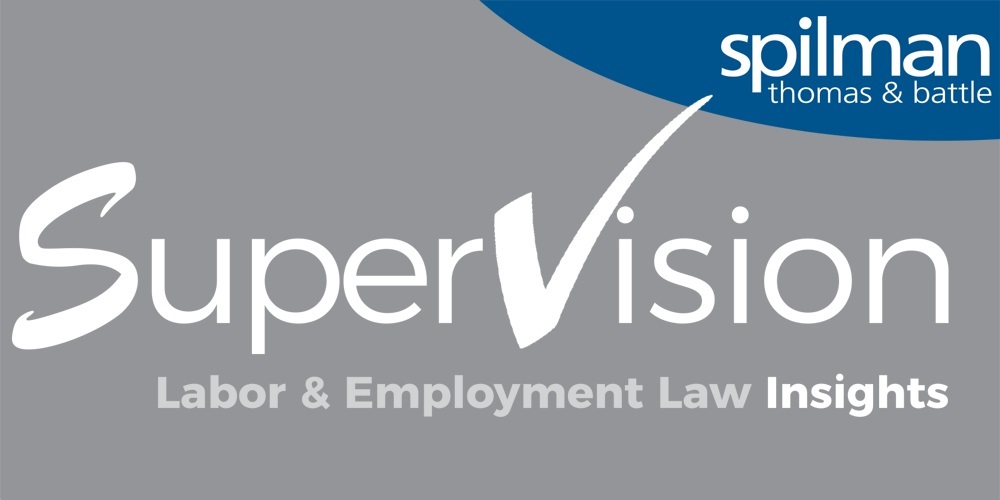Article
Resources
Article
One Rule to Guide Them All: West Virginia Legislature Enacts Uniform Rule for Distinguishing Independent Contractors from Employees

For years, West Virginia businesses have had to consider varying standards for determining whether a worker is considered an employee or an independent contractor by state agencies. The West Virginia Legislature has attempted to fix that problem by enacting the West Virginia Employment Law Worker Classification Act (“the Act”). The purpose of the Act is to create a single test for distinguishing employees from independent contractors under West Virginia workers’ compensation law, unemployment compensation, the Human Rights Act, and the Wage Payment and Collection Act. According to the Act, the intent was to have “clear, objective, and certain standards for determining who is an employee and who is an independent contractor” under those state laws. While the Act will not govern federal agencies, such as the Department of Labor or the Internal Revenue Service, the criteria used by the Act are based on the concepts used by those federal agencies.
Under the Act, for a person to qualify as an independent contractor, that person must both “actually and directly control the manner and means by which the work is to be accomplished” and satisfy three or more of a list of nine stated criteria. The designated criteria are ones that have historically been used to identify an independent contractor relationship such as having control of the amount time spent providing services, not being required to work exclusively for one business, the freedom to hire employees or contract with assistance, and being responsible for bearing the costs of any licenses, certifications, insurance, or permits that the worker needs to perform their services. If a worker meets those tests, then the Act establishes a type of safe harbor where the independent contractor signs a written agreement acknowledging the independent contractor status and obligation to pay federal and state income taxes.
What this means for businesses in West Virginia that use independent contractors is they should immediately review those relationships before the Act’s effective date of June 9, 2021. And, if possible, enter into compliant written agreements with any independent contractor. The Act does provide, as a fallback measure, that businesses may use the test set forth in Internal Revenue Service Revenue Ruling 87-41 (which created 20 factors that need to be weighed to determine independent contractor status). Still, and even considering the lack of guarantee that the Act will establish independent contractor status under federal law, the protections offered by the Act should be used by all West Virginia businesses that rely on independent contractors.
Please contact us if you have any questions or if you want to make sure your business is ready to take advantage of the protections of the Act.


